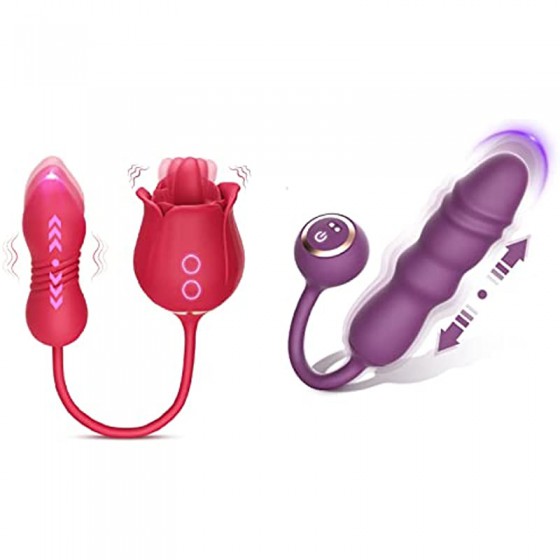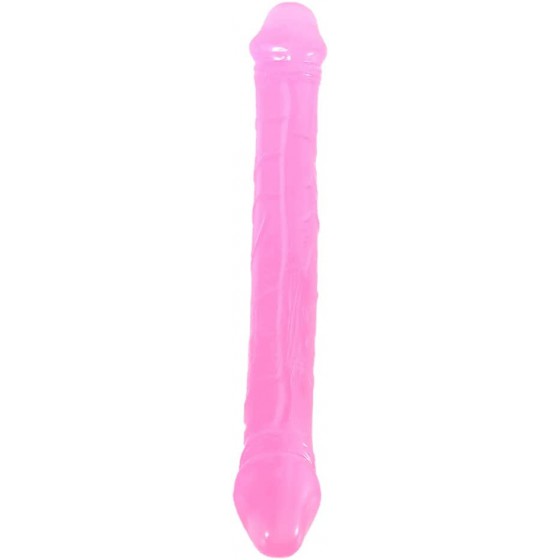What are the symptoms of premenopause in women? What are the conditioning methods?
Generally speaking, the average age of natural menopause for women is 47 to 55 years old. Women have three symptoms before menopause, such as infrequent or absent menstruation, constant menstrual bleeding, and even the sudden absence of menstruation.
Symptoms of premenopausal women
1. Menstruation is sparse or absent
When a menopausal woman finds that her menstrual interval has changed from a fixed one month to once every two months or even three months, then you may have entered menopause. If this interval continues to extend, for example, if you have a period once every four months, then once every five months, and then you will no longer have periods, then it means you are menopausal. This increasing infrequent menstruation is an important manifestation of menopause.
2. Abnormal menstrual symptoms
If your menstrual cycle is normal, but recently you have suddenly experienced irregular vaginal bleeding, and the bleeding has been continuous, and some can bleed intermittently for a month or two. If you also have these symptoms, it is very likely that you are also facing menopause. Of course, when menstrual bleeding occurs uninterrupted, the first thing to do is to conduct a comprehensive examination to determine whether it is caused by gynecological diseases. If gynecological diseases are ruled out, it is a sign of premenopause.
3. Sudden menopause
There are also people who suddenly stop menstruating during their normal menstrual cycle. This type of menopause also exists. Of course, there is a certain danger in this kind of menopause, that is, uterine bleeding is likely to occur within a few months after menopause, so everyone must pay attention to it.
How to adjust amenorrhea to have menstruation?
1. If the examination confirms that the ovaries have premature failure, sex hormone drugs can be used to stimulate the ovaries to develop again, but the specific effects vary from person to person. If the effect of western medicine is not satisfactory, traditional Chinese medicine can be used at the same time. treatment, which can have a comprehensive effect.
2. Women who want to get pregnant need to pay more attention to resuming menstruation, because ovarian function will become worse and worse after amenorrhea, which will also cause women to be unable to ovulate normally, leading to the emergence of infertility. Patients can go for infertility treatment Check it out at an infertility specialist hospital, and then the doctor will provide effective treatments based on your examination.
3. Women should pay more attention to diet after experiencing amenorrhea. It is recommended that women should pay attention to eating more foods with relatively high estrogen content, such as beans, fresh vegetables, etc. The intake of this type of food is very helpful in relieving the condition of amenorrhea, and patients are reminded to pay attention to a light diet and eat more foods with high protein content, so that the body can recover faster.
4. You must avoid eating raw and cold foods, such as ice cream, cold fruits, etc., because eating too much of these foods will cause vasoconstriction and blood coagulation, which is very useful for relieving the symptoms of amenorrhea. Disadvantageous.
5. The daily diet should be mainly light. Some foods with high fat and high calories are not suitable for amenorrhea patients, because the intake of such foods is not easy to digest, and often causes Excess nutrition in patients will lead to the accumulation of fat in the patient's body, which will hinder the normal flow of menstrual blood. Therefore, patients with amenorrhea should pay special attention to their diet.
Can hawthorn brown sugar water treat amenorrhea?
Hawthorn is a fruit that is used both as medicine and food. Traditional Chinese medicine believes that in addition to appetizing, digesting, and resolving stagnation, hawthorn also has the function of activating blood circulation and removing blood stasis, and can be used to treat blood stasis and amenorrhea in women.
From the perspective of traditional Chinese medicine, brown sugar is warm in nature, sweet in taste, and enters the spleen. It has the functions of replenishing qi and blood, strengthening the spleen and warming the stomach, relieving pain, activating blood circulation and removing blood stasis.
In fact, hawthorn itself is not suitable for people with weak spleen and stomach, but adding warm brown sugar and then heating and stewing can alleviate or even offset the coldness and irritation of hawthorn. Therefore, hawthorn brown sugar water can treat amenorrhea.



















